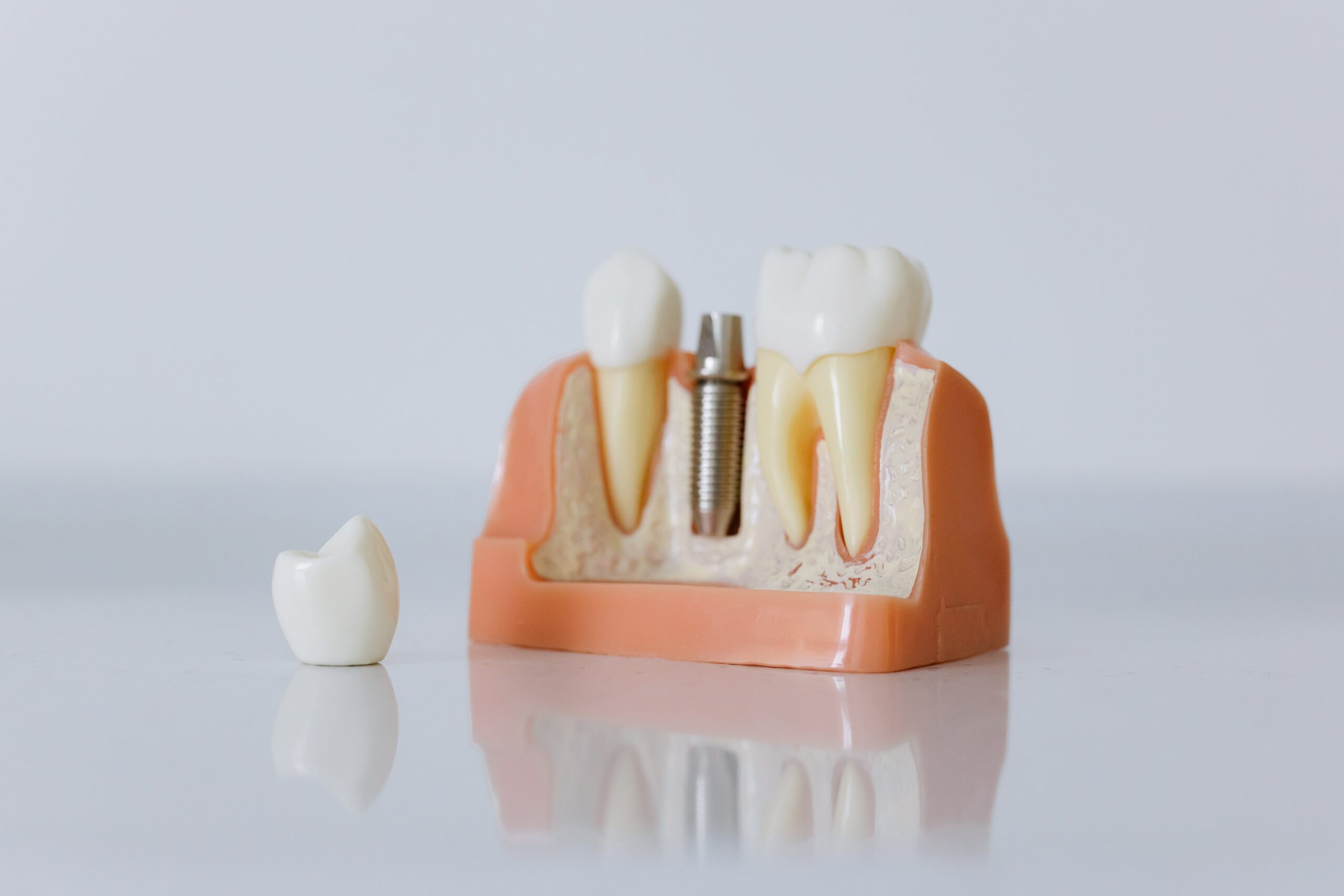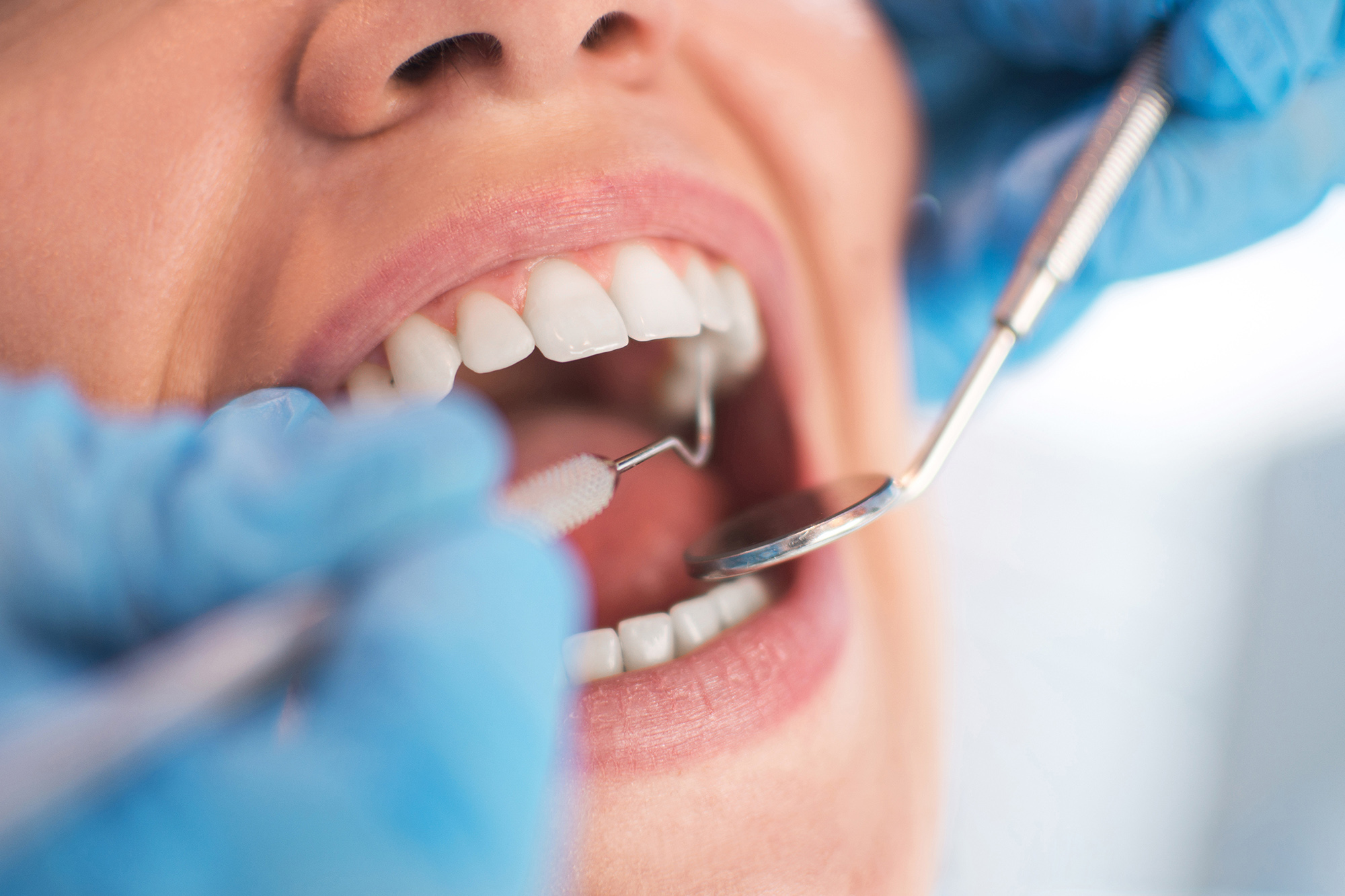Periodontal disease, also called gum disease, affects roughly 47% of Americans, the equivalent of 67 million people. With gum disease being the leading cause of tooth loss, it’s crucial that during National Gum Health Month we do our part to improve those numbers. On average, a person between the ages of 20-39 is missing at least 1 tooth and a total of 8 by their 60s. Fortunately, proper dental care and the help of dental implants can significantly reduce your risk of developing harmful periodontal disease.
You may be wondering “how do dental implants improve my gum health?” and you’re not alone.
Getting dental implants can be a great way of protecting your jaw. When you lose a tooth, you can also lose the integrity of your jaw bone due to deterioration. Getting dental implants helps to stop that process.
The problem is, not everyone takes care of their dental implants as they should. This can cause many of the same issues that your original teeth had, including gum disease.
You need to make sure you are properly caring for your implants so that your teeth stay where they are supposed to.
Signs That Your Gum Health is Suffering
Gum disease presents itself in varying degrees of severity. Gingivitis is a mild form of gum disease and periodontitis is a more advanced form. Some of the most common signs of gum disease include:
- Bad breath
- Bleeding gums
- Loose teeth
- Receding gums
- Redness or swelling of the gums
- Sensitivity to hot or cold temperatures
Dental Implant Health – Benefits and Proper Care
One of the biggest benefits of dental implants is that they function just like regular teeth. You can speak with them in, chew your favorite foods, and smile without the world being any wiser about what is in your mouth. Thankfully, this also means that you can brush them just like your original teeth. In fact, you need to.
While implants cannot decay, they can break down and become brittle. Plus, they sit on your gums, so if you don’t care for them properly, you can suffer from gum disease. This can cause you to lose your implants if you aren’t careful.
You should brush your implants at least two times per day, just like you should your original teeth. If you have individual teeth put into your mouth, then you need to floss between them, just as you do your other teeth. If you have full arches, then you need to make sure you are cleaning up around your gums really well. You don’t want bacteria growing around your implants, as that can be painful and cause lots of trouble such as gum disease.






